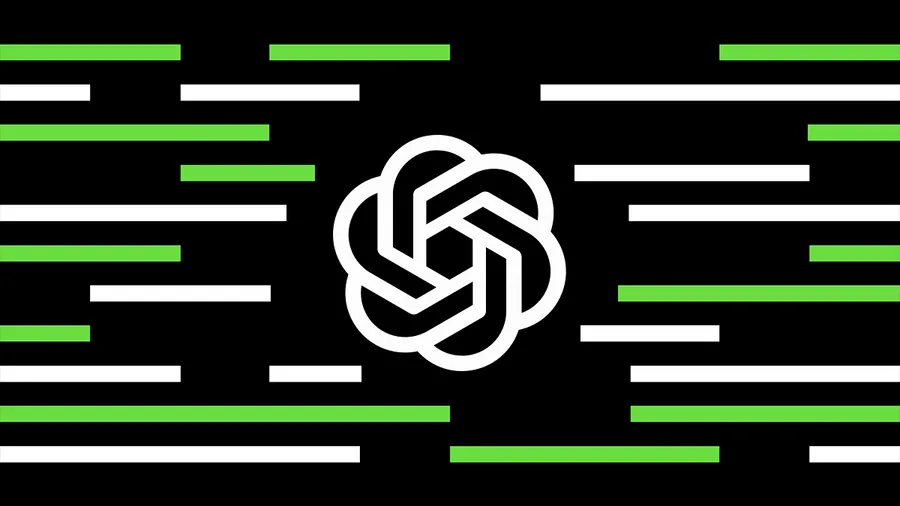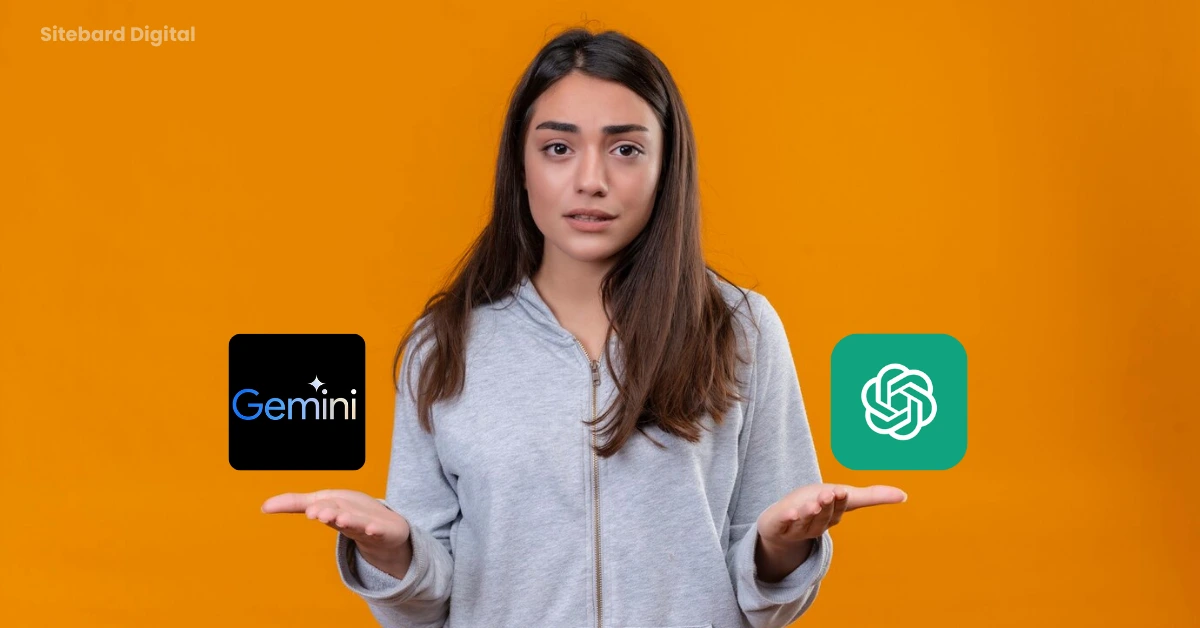The realm of Artificial Intelligence (AI) has witnessed an exponential surge in recent years, driven by the remarkable capabilities of large language models (LLMs). Two titans stand at the forefront of this revolution: Google’s Gemini and OpenAI’s GPT-4, each boasting exceptional skills and sparking heated debates about who reigns supreme. This blog delves deep into the heart of this captivating AI showdown, meticulously comparing and contrasting these two models across various parameters. Let’s compare between Gemini vs GPT-4 .
Table of Contents
ToggleWhat are Gemini and GPT-4?

Gemini:
- Developed by Google AI
- 16,384 TPUv5 chips for unparalleled processing power
- Surpassed human experts and GPT-4 on the MMLU test, achieving a 90% score
- Excels at intricate reasoning and problem-solving tasks
- Designed as a “multimodal” model, capable of processing and comprehending text, code, images, and audio simultaneously
GPT-4:
- Created by OpenAI
- 3,276 TPUv4 chips, renowned for its exceptional text generation and creative writing capabilities
- Achieved an impressive score of 86.4% on the MMLU test
- Delivers outstanding performance in creative writing, language translation, and diverse creative text format generation
- Primarily focuses on text-based interactions
The Benchmark Battlefield:
Benchmark tests offer a crucial platform for evaluating the capabilities of LLMs. Let’s analyze how Gemini and GPT-4 fared across various domains:
1. General Understanding (MMLU):
Gemini emerged victorious in this test, achieving a remarkable 90% score, exceeding human experts (89.8%) and GPT-4 (86.4%). This indicates Gemini’s superior ability to understand and respond to intricate language prompts, including open-ended questions and challenging instructions.
2. Reasoning Abilities:
In the “HellaSwag” test, which assesses common-sense reasoning for daily tasks, GPT-4 outperformed Gemini. This highlights GPT-4’s strength in applying and understanding common sense knowledge to real-world situations.
3. Reading Comprehension (DROP):
Both models demonstrated exceptional reading comprehension abilities, with GPT-4 exhibiting a slight edge in this area.
4. Mathematical Proficiency (GSM8K):
Gemini showcased its superior mathematical prowess, solving problems with greater accuracy and efficiency than GPT-4.
5. Challenging Math Problems (MATH):
While Gemini demonstrated excellent mathematical skills, GPT-4 proved adept at handling more complex mathematical problems.
6. Code Generation (HumanEval):
Both models excelled in code generation, with Gemini generating complex code structures and GPT-4 producing clean, efficient code.
7. Natural Language to Code (Natural2Code):
GPT-4 displayed a clear advantage in translating natural language into functional code, highlighting its strength in understanding the intent behind complex instructions.
Frequently Asked Questions:
Which model is better for creative writing?
GPT-4 generally excels in creative writing tasks, generating more engaging and original text formats.
Which model is better for complex reasoning tasks?
Gemini typically outperforms GPT-4 in tasks requiring intricate reasoning and problem-solving skills.
Which model will have the greater impact on the future?
Both models have the potential to revolutionize various industries, with Gemini likely impacting research and development and GPT-4 influencing creative content creation.
Conclusion:
Declaring a definitive winner between Gemini and GPT-4 remains a challenge. While each model possesses unique strengths and weaknesses, their exceptional abilities are undeniable. Ultimately, the choice between these two AI powerhouses depends on your specific needs and priorities.
As the field of AI continues to evolve at an unprecedented pace, the innovations that lie ahead are sure to be both fascinating and transformative. This showdown between Gemini and GPT-4 serves as a testament to the boundless potential of AI and its ability to shape the future across diverse domains.





